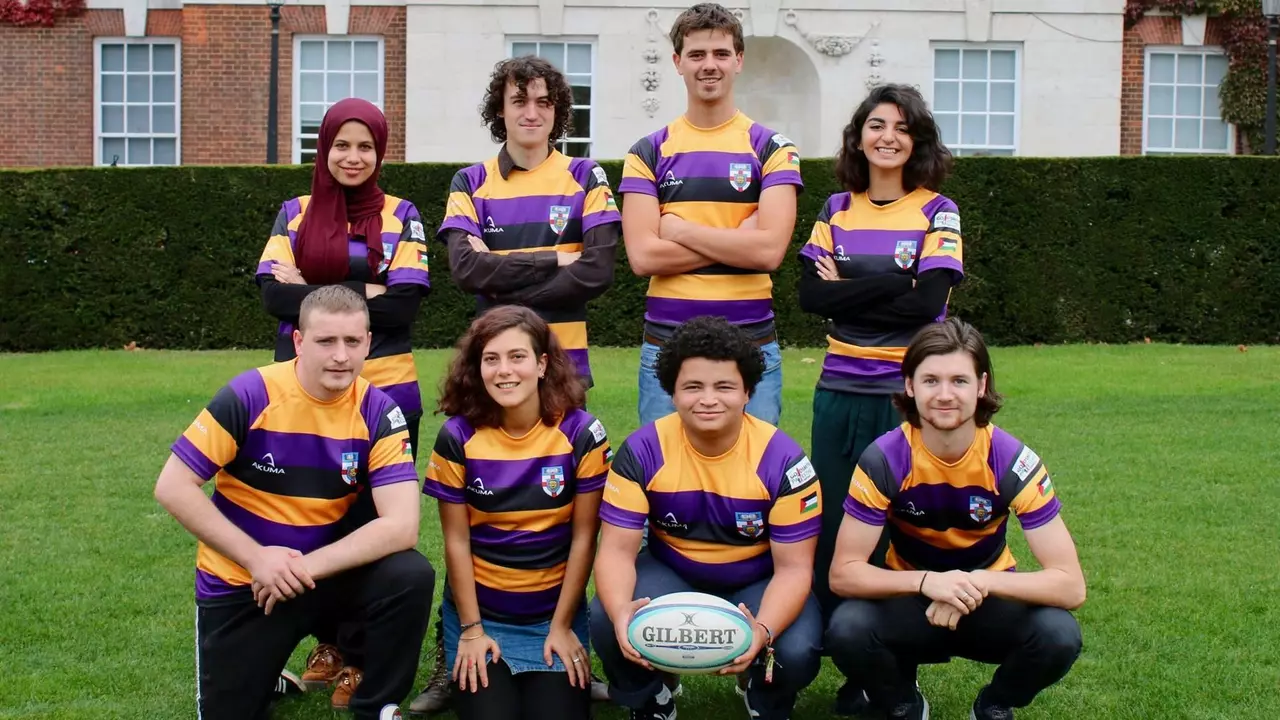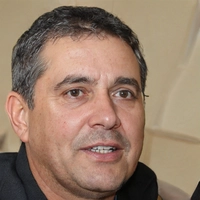Higher Education & Rugby: How Universities Shape the Game
If you love rugby and you’re studying at university, you’re in a sweet spot. Colleges aren’t just lecture halls – they’re breeding grounds for the next All Blacks, Springboks, or Pumas. Let’s break down why higher education matters for any rugby fan who wants to play, coach, or work behind the scenes.
Rugby Scholarships: Money Meets Passion
Most UK and EU universities now offer sport‑specific bursaries. A rugby scholarship usually covers tuition, accommodation, or a stipend for training gear. The catch? You need to prove you can balance the pitch and the paper. Most programs ask for a recent season’s stats, a coach’s reference, and a short video of your best plays. If you’ve already featured in a local league or a university‑run team, you’re in a good position.
What’s the real benefit? Besides the cash, you get access to top‑tier facilities – gym, physio, video analysis rooms – that most clubs can’t match. That extra support can shave seconds off your sprint time or improve your line‑out accuracy, making you a more attractive prospect for professional scouts.
Academic Paths That Keep You Close to the Game
You don’t have to study sports science to stay involved in rugby. Degrees in Business, Marketing, or Media can launch careers in team management, sponsorship sales, or commentary. Many universities partner with pro clubs for internships, giving you a foot in the door while you earn a degree.
For those who want the science side, courses in Exercise Physiology, Nutrition, or Kinesiology teach you how to design training plans, prevent injuries, and keep players at peak performance. Imagine being the guy who designs the conditioning program that helps a winger outrun a defender – that’s a real‑world impact you can brag about at any interview.
Aside from formal study, campus rugby clubs are hotbeds for networking. You’ll meet coaches, alumni, and even former internationals who sit on the board of the university’s rugby committee. Those connections often turn into coaching gigs, scouting roles, or even media opportunities after graduation.
One practical tip: sign up for the university’s sports development program early. They’ll guide you through scholarship applications, match you with a mentor, and help you plan a schedule that fits lectures, labs, and training sessions. Missing a class because of a match is okay when you’ve got a clear plan and a supportive tutor.
Lastly, think long term. A rugby career can be short – injuries happen, contracts end. Having a degree makes the transition smoother, whether you move into coaching, sports administration, or a completely different field. The key is to treat your studies like a parallel career, not a backup plan.
Bottom line: higher education gives you the financial aid, facilities, and academic knowledge to elevate your rugby game and secure a future beyond the field. So, if you’re weighing whether to stay in school or chase a professional contract, remember that a degree and a rugby scholarship can give you the best of both worlds.

